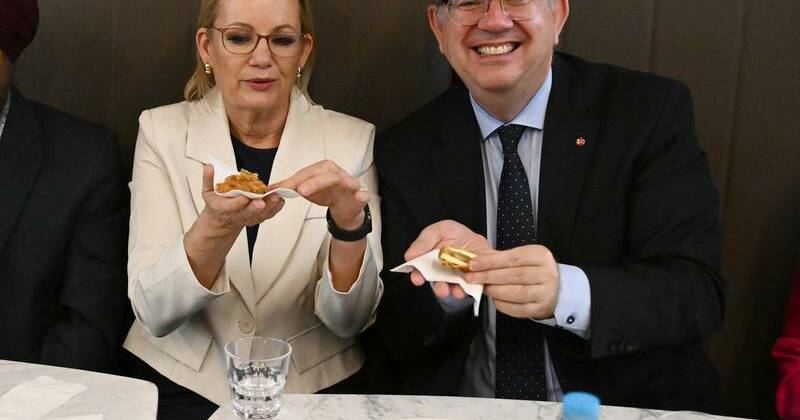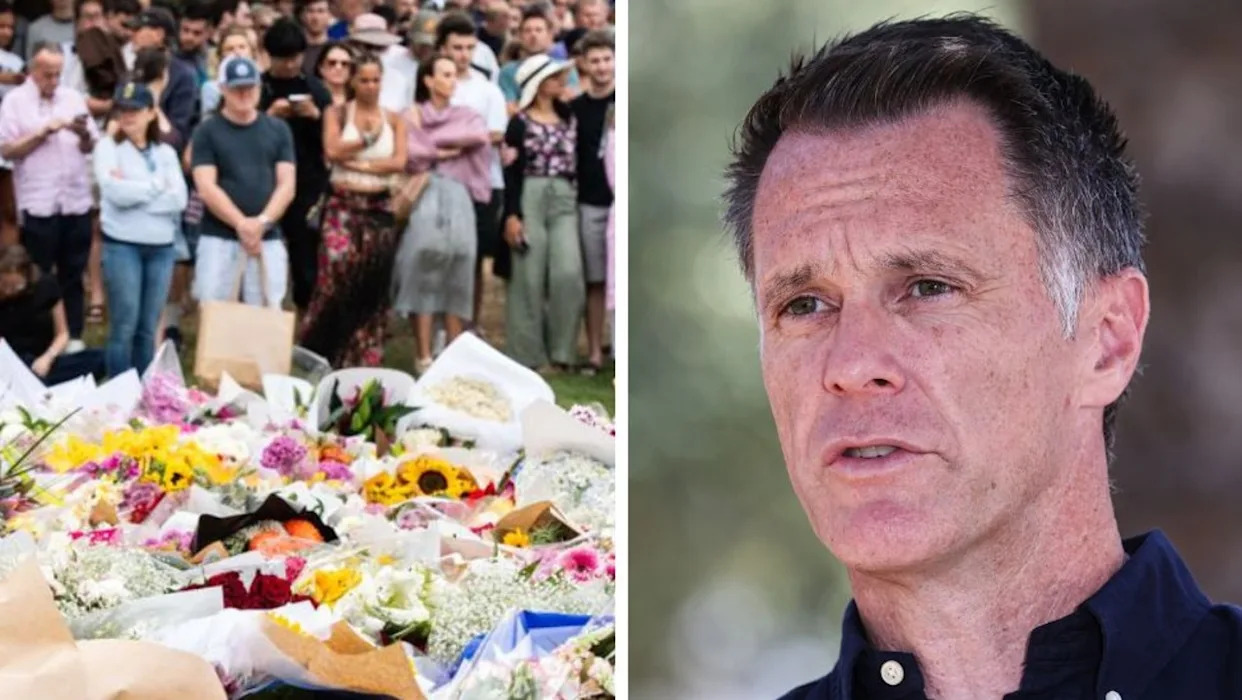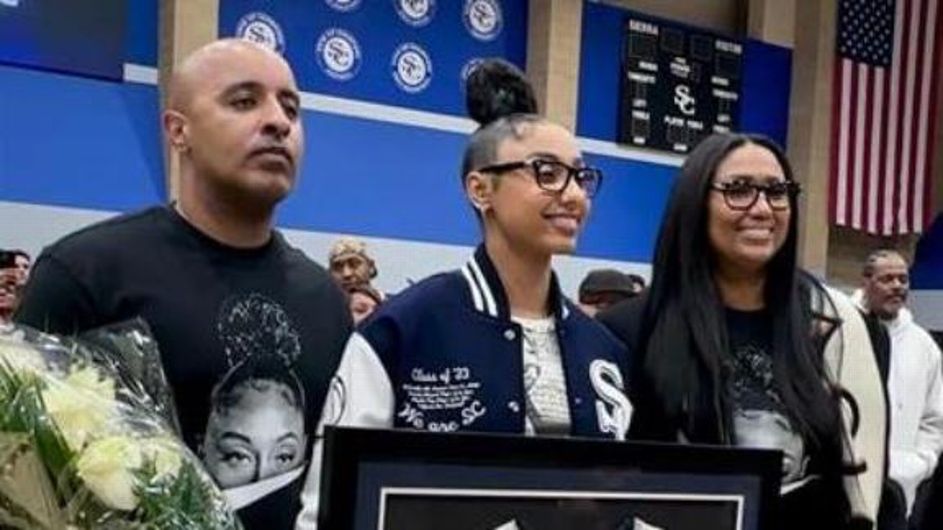
Political tensions within the Australian Liberal Party have escalated following a public dispute regarding immigration policy. Under the leadership of Sussan Ley, the party is aiming for a moderate approach, despite pressures from some members, including backbencher Andrew Hastie, who advocate for a more populist stance. This division was highlighted during a recent speech by Paul Scarr, the shadow immigration minister, who criticized right-wing colleagues for inciting discord over the country’s migration intake.
Scarr’s comments came after Hastie resigned from his position as the coalition’s former home affairs spokesman. Hastie had voiced concerns that he was sidelined in the development of immigration policy. He argued for a reduction in mass migration, stating, “we’re starting to feel like strangers in our own home.” This remark echoed the controversial “Rivers of Blood” speech made by British politician Enoch Powell in 1968, which has long been associated with inflammatory rhetoric against immigration.
In response, Scarr emphasized the need for responsible discourse surrounding immigration, referencing Powell’s speech as “inflammatory” and noting that it resulted in Powell’s removal from the shadow cabinet. During his address at the Migration Institute of Australia annual conference in Melbourne on October 20, 2023, Scarr remarked, “It would be a disaster if the two major parties sought to exploit or gain political advantage from the deep feelings which are held about this topic.” He stressed the importance of basing immigration debates on facts and evidence rather than emotional appeals.
Scarr pointed out that while a study indicated half of Australians believe immigration levels are too high, three out of four of those individuals also view multiculturalism positively. He noted that frustration regarding immigration often stems from broader issues such as housing and economic challenges. “This cannot be considered in isolation,” he stated, underscoring the complexity of developing a comprehensive immigration policy.
The internal conflicts within the Liberal Party have intensified since Jacinta Nampijinpa Price, a prominent member, made disparaging comments about Indian-Australians, leading to her subsequent dismissal. This incident prompted a wave of damage control efforts from both federal and state colleagues and catalyzed Ley’s initiative to embark on a multicultural listening tour across Australia. Price, who has openly supported Hastie for leadership, has continued to voice her opinions, which some members believe undermines Ley’s efforts to restore party unity following the recent electoral defeat.
Despite his criticisms of current immigration levels, Hastie has yet to propose any specific policies addressing these concerns. Similarly, Scarr has not outlined a definitive immigration policy as Ley awaits the findings of a review into the party’s performance in the last election. Tensions within the party reflect a broader struggle as Ley seeks to navigate between competing factions while attempting to unify the party around a clear immigration strategy.
As the Liberal Party grapples with these challenges, the future direction of its immigration policy remains uncertain, with internal debates likely to continue shaping the party’s trajectory.







